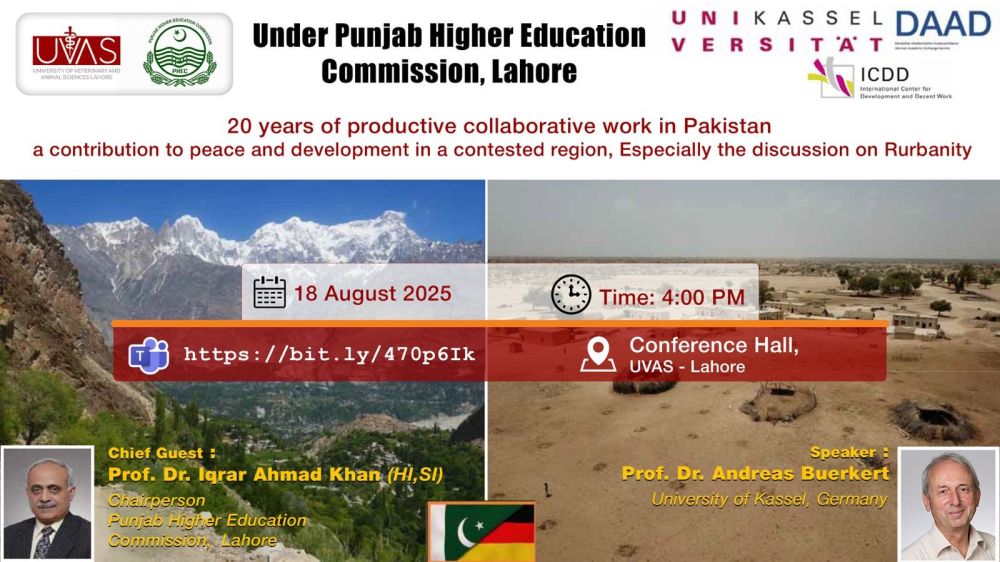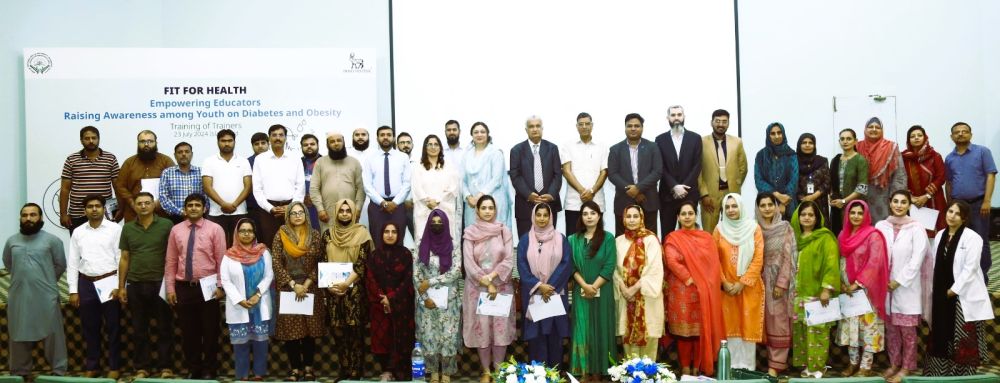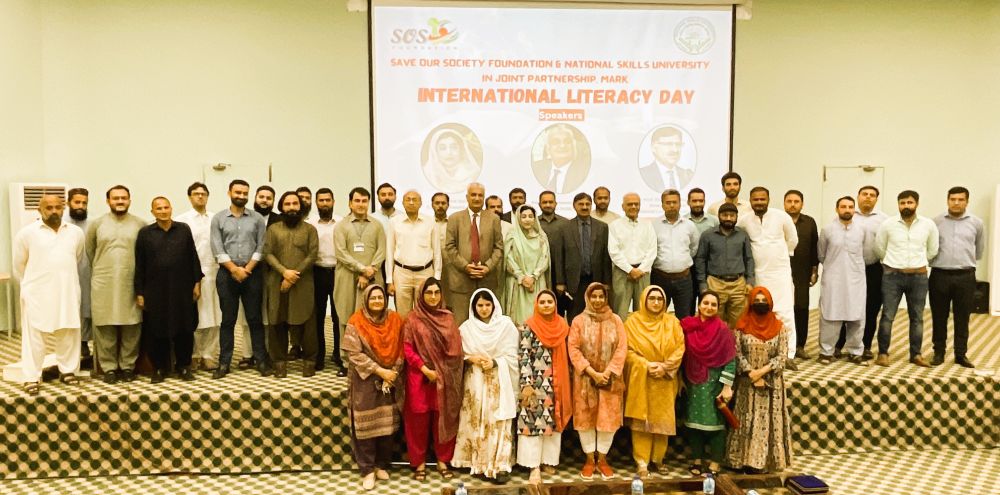Technologists Revitalizing American Manufacturing
Posted 1 year ago
Editorial by Prof Dr Muhammad Mukhtar
Technologists are the backbone of economic progress. Even highly developed nations like the United States of America (USA) are realizing their vital contributions to national prosperity. Technologists contribute to almost every discipline that impacts human lives.
Imagine "advanced manufacturing" and technology's role in robotics, digital production, and Artificial intelligence in the USA. Experts are highlighting the inadequate state of workforce education in America. Introducing new career paths for emerging technologies is also being contemplated. Experts believe that what needs to be improved is a disconnect between industry and academia. A recent article suggests that the USA is facing the challenges of educational programs disconnected from industry and institutional needs, leaving workers and aspiring technologists ill-equipped to seize the opportunities presented by advanced manufacturing.
This disconnect highlights a pivotal challenge: bridging the gap between theoretical education and practical application on the factory floor. Traditional career paths within manufacturing, limited to machine operators or design engineers, must encompass the integrated skill set demanded by modern production systems.
Herein lies the promise of the "technologists." With their unique blend of practical expertise and comprehensive understanding of manufacturing processes and systems, technologists could transform American factories into hubs of efficiency and innovation. This new occupational category promises not only enhanced career prospects and upward mobility for workers but also critical gains in productivity and competitiveness for employers, painting a hopeful picture of the future of American manufacturing.
Massachusetts Institute of Technology (MIT)'s pioneering efforts in advancing manufacturing education offer a compelling model. Their initiative, based on the Defense Department, Industrial Base Analysis and Sustainment (IBAS) program aims to develop robust curricula tailored for technologists, drawing on MIT's renowned engineering, technology, and innovation expertise. By partnering with community colleges and industry stakeholders, MIT seeks to democratize access to this education, ensuring it resonates from the factory floor to the boardroom.
The potential impact of such initiatives is vast. It will empower a new cadre of technologists, catalyze a renaissance in American manufacturing, will equip workforce to navigate and lead in the complexities of advanced production. As the global economic landscape evolves, investing in the skills and knowledge of the manufacturing workforce is more than just prudent. It's imperative for securing America's industrial future.
According to Prof. Dr. Muhammad Mukhtar, Vice Chairman of the National Technology Council Pakistan, for nations across the globe including Pakistani institutions "The time to act is now, in the face of global competition and technological disruption. Let us embrace the technologist's vision and chart a course toward a revitalized, resilient manufacturing sector that sustains and thrives in the 21st century."
Further elaborating on efforts to boost technology and highlighting the role of technologists, the Special Investment Facilitation Council (SIFC) recognizes and highlights the role of vibrant, young, and skilled workforce development in Pakistan.
Along similar lines, the National Skills University Islamabad, a UNESCO/UNEVOC center in the capital city of Islamabad, Pakistan has aligned its priorities with the Government of Pakistan initiatives recognized by SIFC. Besides its national recognition, this university is crossing the boundaries of excellence through improvements in educational practices in technological fields with guidance from the industry and international partners. Ultimately, this is being reflected in the form of technologists whose worth has been acknowledged by the Chinese Government. Students graduating from the National Skills University will have the opportunity to get high-tech industrial training from Chinese industrial setups. Thanks to the Ministry of Federal Education and Professional Training and Prime Minster's office for endorsing this initiative.
Recognition of National Skills University Islamabad through invited participation in The Bridging Innovation and Learning in TVET (BILT) project implemented by the UNESCO International Center for Technical and Vocational Education and Training is quite an encouraging sign towards this technology institution's international recognition. This program is sponsored by the Federal Ministry of Education and Research Germany with the support of the Federal Institute for Vocational Education and Training. An additional feather in this Pakistani technologists-producing university is participation in the ISATCOVE framework "International Self-Assessment Tool for CoVEs ("centres of vocational excellence"). The graduates of this university will be stepping in the workforce by next year to prove the worth of technology in national prosperity




